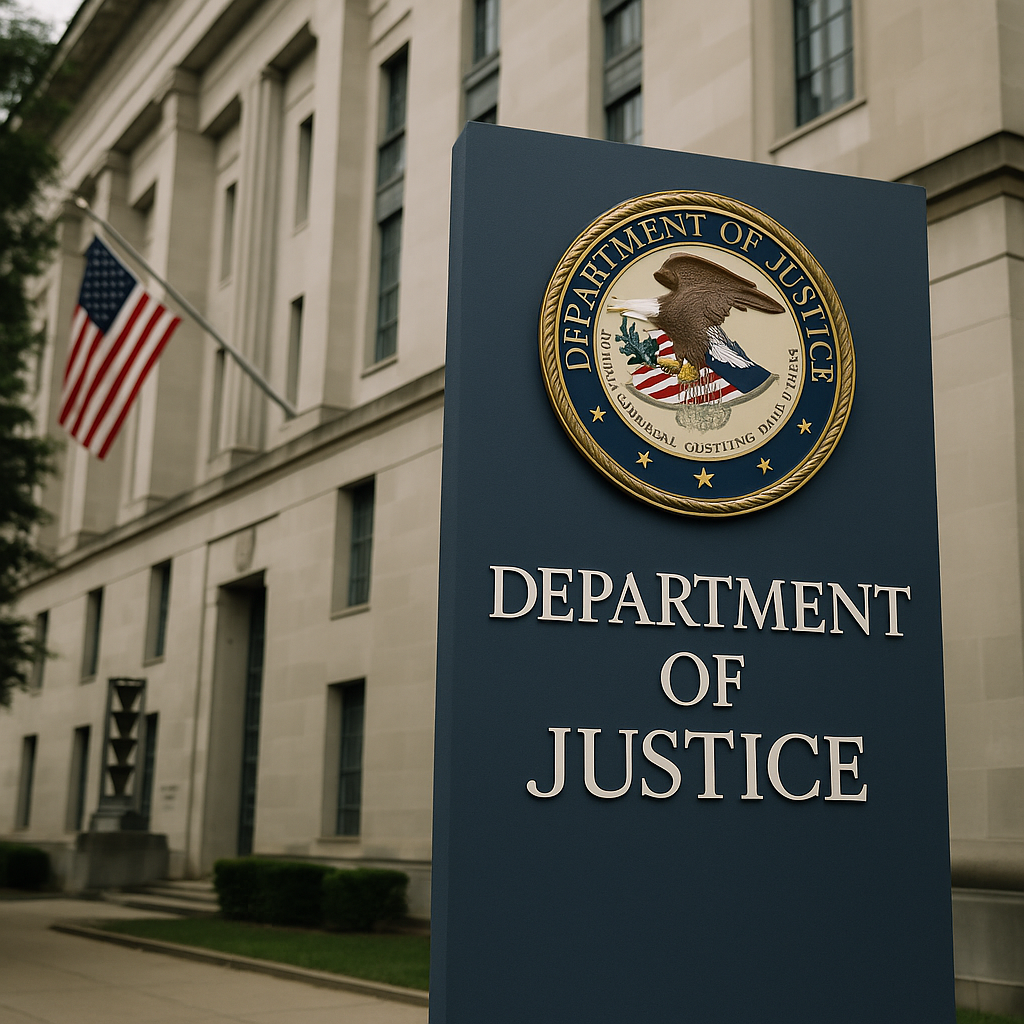DOJ to Prioritize Efforts to Revoke Citizenship in Certain Cases
The U.S. Department of Justice (DOJ) is directing its attorneys to make denaturalization — the process of revoking U.S. citizenship — one of the agency’s top civil enforcement priorities.
A June 11 memo instructs DOJ lawyers to focus on cases involving naturalized citizens who have committed specific crimes. It also gives U.S. attorneys more discretion to decide when to pursue such cases. Nearly 25 million U.S. citizens were naturalized as of 2023.
How Denaturalization Works
Denaturalization can occur if a person is found to have lied or omitted information during the naturalization process, including about criminal convictions or involvement with certain organizations. The process is handled through civil court, which does not guarantee the right to a government-provided attorney and has a lower burden of proof than criminal cases.
Assistant Attorney General Brett A. Shumate wrote in the memo that DOJ will “prioritize and maximally pursue” all cases permitted by law and supported by evidence.
Recent Case Example
On June 13, a judge revoked the citizenship of Elliott Duke, a U.S. military veteran originally from the U.K., for failing to disclose that they were involved in distributing child sexual abuse material before becoming a U.S. citizen. Duke, who renounced U.K. citizenship when naturalized, is now effectively stateless.
Expanded Criteria and Broader Discretion
The DOJ’s new guidance includes crimes such as national security violations and fraud against individuals or the government. The memo also allows U.S. attorneys to pursue other cases they determine are “sufficiently important,” giving the department wide discretion in deciding whom to target.
Some legal scholars warn this could create uncertainty for naturalized citizens and their families. Children who gained citizenship through a parent could also be affected if that parent is denaturalized. The DOJ has not addressed how such cases would be handled or whether anyone could be left stateless.
Historical Context and Concerns
Denaturalization was used heavily during the McCarthy era, with tens of thousands of cases filed each year until the Supreme Court restricted its use in 1967. The Obama administration revived it in some cases through “Operation Janus,” targeting naturalization fraud. The Trump administration expanded its use, often pursuing cases in civil court.
Critics argue that broadening denaturalization risks creating two classes of citizens — those born in the U.S. and those who were naturalized — with different levels of security in their citizenship. Supporters say it is an important tool to remove citizenship from people who commit serious crimes or obtained citizenship fraudulently.

